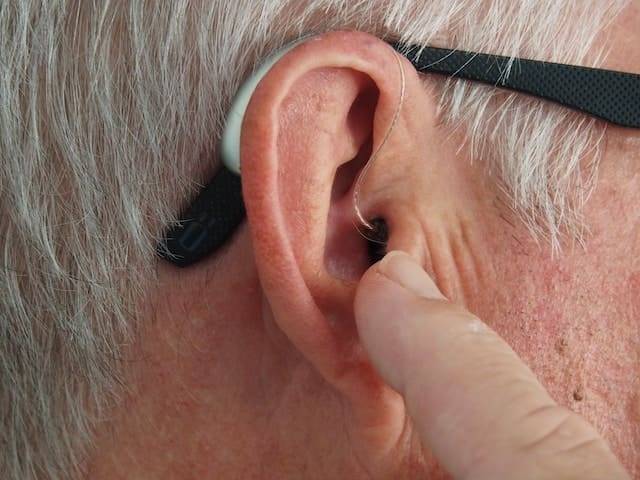Hearing loss is a prevalent and often preventable health issue that affects millions of people worldwide. It can have significant implications on communication, quality of life, and overall well-being. Fortunately, there are various strategies individuals can adopt to prevent or minimize the risk of hearing loss. What are some effective strategies for hearing loss prevention?
Seeking Regular Check-ups
Regular check-ups with an audiologist or otolaryngologist (ear, nose, and throat specialist) play a vital role in hearing loss prevention. These professionals assess hearing function, identify any early signs of hearing loss, and provide appropriate guidance. Routine screenings are especially important for individuals who work in high-risk occupations or are frequently exposed to loud noise. Early detection of hearing loss allows for timely interventions and management strategies that can slow down or prevent further deterioration. Through regular check-ups, individuals can take proactive steps to protect their hearing and address any concerns promptly.
Protecting the Ears in Noisy Environments
Loud noises remain a leading cause of hearing loss. To prevent damage, it is crucial to protect our ears in areas where excessive noise is present. One effective strategy is to use hearing protection devices such as earplugs. These devices can significantly reduce the intensity of sound reaching the inner ear. Additionally, individuals should maintain a safe distance from loud sources and limit their exposure time. By taking these precautions, individuals can safeguard their hearing and prevent noise-induced hearing loss.
In today’s digital age, personal audio devices have become increasingly popular. However, playing music at high volumes while using headphones can harm the delicate structures of the inner ear. Encouraging safe listening practices is essential to prevent noise-induced hearing loss. Experts recommend adhering to the 60/60 rule, which suggests using devices at no more than 60% of their maximum volume for no longer than 60 minutes per day. Taking regular breaks, using noise-canceling headphones, and choosing over-the-ear headphones instead of earbuds can also minimize the risk of hearing damage.
Adopting Healthy Lifestyle Habits
Certain lifestyle habits can contribute to hearing loss. Smoking, for instance, has been linked to an increased risk of hearing impairment. The chemicals in tobacco smoke can damage delicate ear structures and restrict blood flow to the inner ear. Therefore, quitting smoking is essential for hearing health. Moreover, maintaining a balanced diet rich in essential nutrients, particularly those that promote good blood circulation, can also support auditory function. Regular exercise is beneficial, as it improves blood flow and overall cardiovascular health, which is important for maintaining healthy hearing.
Raising Awareness
Raising awareness about the importance of hearing health is crucial in preventing hearing loss. Education campaigns can inform individuals about the risks associated with exposure to loud noise, the impact of lifestyle choices on hearing, and the availability of preventive measures. Efforts should be made to educate both the general public and specific at-risk populations, such as musicians, construction workers, and young people attending concerts or listening to loud music. By increasing awareness, hearing specialists can empower individuals to take responsibility for their hearing health and make informed decisions that protect their auditory well-being.
Hearing loss prevention is a multifaceted endeavor that requires a combination of personal responsibility and societal support. By adopting effective strategies, individuals can significantly reduce the risk of hearing loss. It is essential to prioritize hearing health, as it contributes to overall well-being and enhances quality of life. By taking proactive measures, every person can ensure that future generations enjoy the benefits of good hearing and prevent the unnecessary burden of hearing loss.
Featured Photo by Mark Paton on Unsplash




